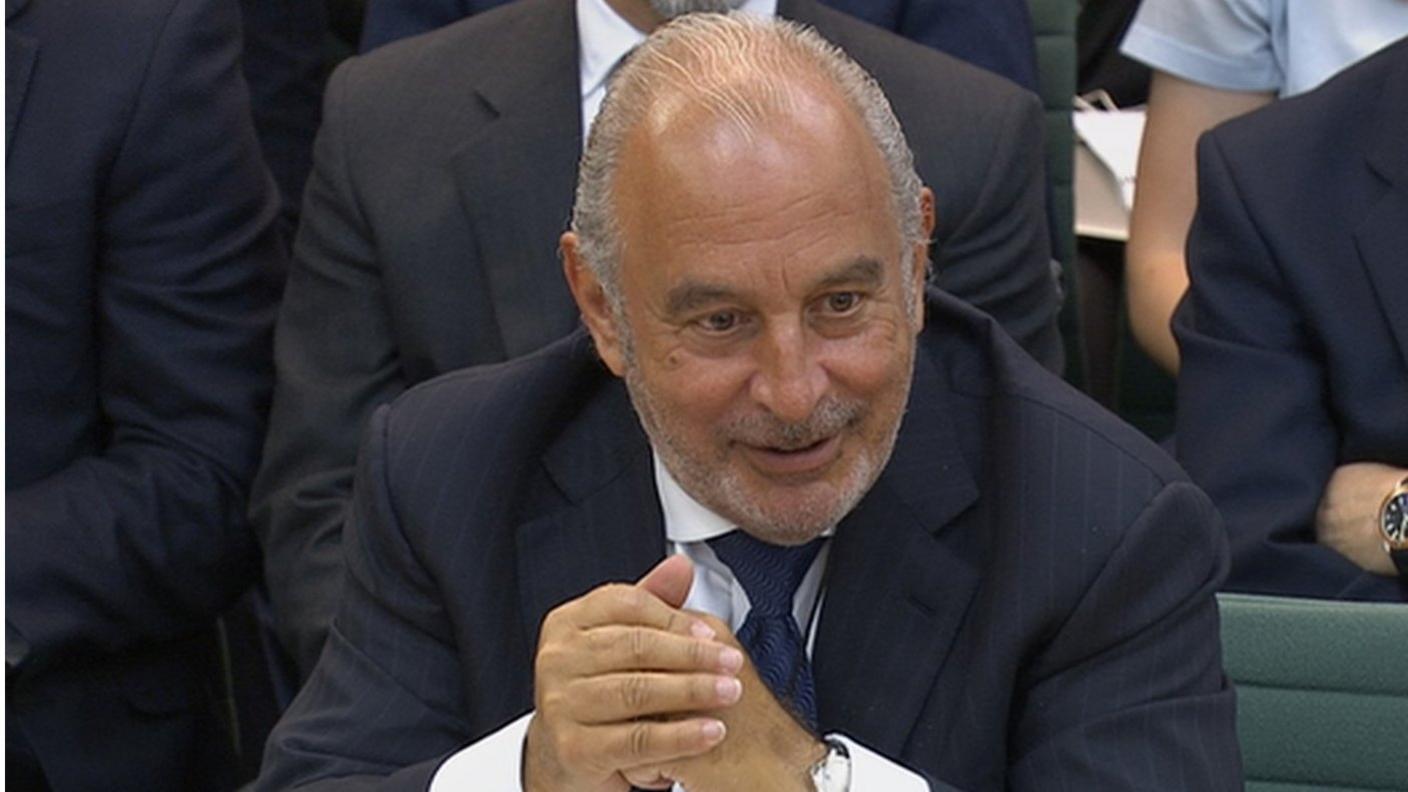Theresa May vows to stop private sector 'pension abuse'
- Published
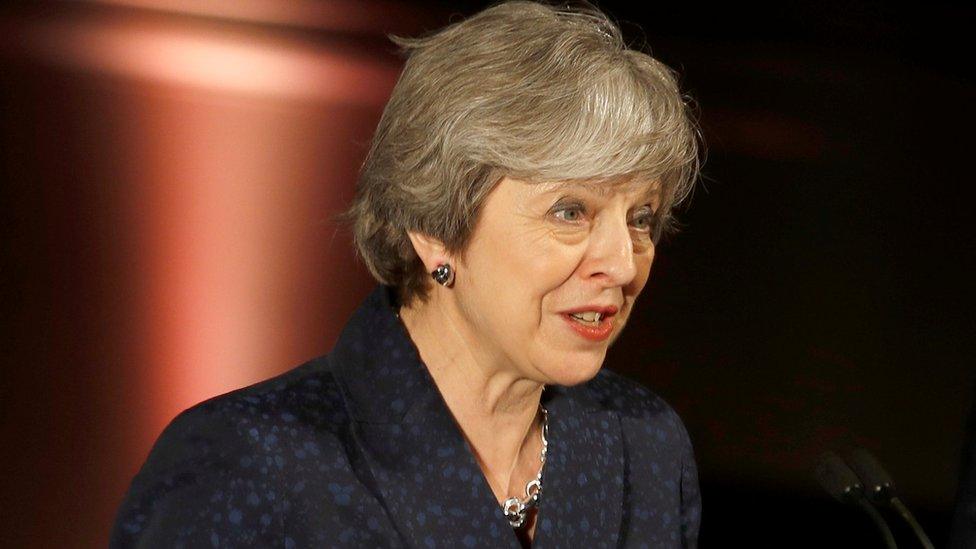
The government will stop workers' pensions being put at risk from "executives who try to line their own pockets", the prime minister has said.
In the Observer, external, Theresa May said a government white paper would set out "tough new rules" for company bosses.
It comes after it emerged that the collapse of construction firm Carillion could leave its pension scheme with a deficit of as much as £900m.
Labour said ministers also had to be held to account for firms' failings.
In her comment piece, Mrs May stressed that it would be Carillion shareholders, not taxpayers, "who pay the price for the company's collapse".
She said the government would not be writing the company's directors a blank cheque, but would be "stepping in and supporting those affected".
'Ministerial responsibility'
She also defended using the private sector to complete public projects.
It was earlier reported that Carillion's defined benefit pension scheme has a deficit of £580m, although this figure could be as high as £900m.
Defined benefit (DB) schemes, which are based on a worker's final salary or their career average earnings, are currently being examined by the government.
The Department for Work and Pensions is expected to release a White Paper, external in March, detailing new legislation on protecting DB schemes.
Chief Secretary to the Treasury Liz Truss said the paper would outline proposals regarding directors who "raid" company pension pots.
She told ITV's Peston on Sunday that the role of the pensions regulator, as well as company law, would be consulted on.
"Where people filch from the public purse, where there are issues and they let down pension funds, they let down people who work for their company.
"Then they do need to be dealt with," she said.
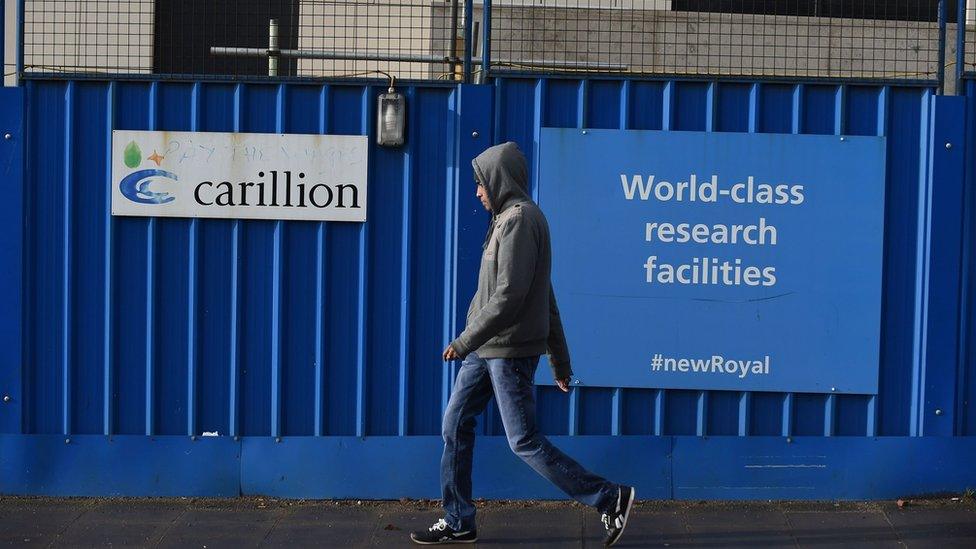
Labour's Baroness Chakrabarti said: "It's all very well for Mrs May to now say she's going to sting these executives.
"There's got to be a bit of ministerial responsibility in all of this as well."
The shadow attorney general told the BBC's Sunday Politics: "What we need is oversight. Of course we want a thriving private sector, but some vital services need to be run by public servants and with ministers held to account."
The management of pension schemes, and the perceived lack of protection and security, has caused public outcry in recent years.
Following the collapse of BHS it was found that there was a £571m deficit in the pension scheme.
Last year, former BHS owner Sir Philip Green came to an agreement with the pensions regulator to pay back £363m into the pension scheme for the company.
'Private sector's valuable role'
Despite the recent collapse of Carillion, one of the government's biggest private contractors, Mrs May defended the government's use of public-private partnerships.
She said the "private sector plays a valuable role helping the public sector".
The fate of Carillion, which employed 43,000 staff globally, has left many questioning what will happen to several high-profile public services and infrastructure projects.
The construction firm was in charge of completing the new £335m Royal Liverpool Hospital, and the £350m Midland Metropolitan Hospital in Sandwell.
Both completion dates were delayed by the company.
Mrs May added that Cabinet Office minister David Lidington had "acted swiftly" to co-ordinate the government's response to Carillion's collapse.
A spokesman for the Institute of Directors, Roger Barker, said: "If the fallouts at BHS and Carillion have taught us anything, it is that pension schemes often suffer when companies collapse and something needs to be done to safeguard those who have contributed to them.
"However, significant policy decisions should never be made in the heat of the moment."
He said the IoD supported a proposal to confiscate or "claw back" bonuses of top executives when companies collapse.
- Published29 January 2018
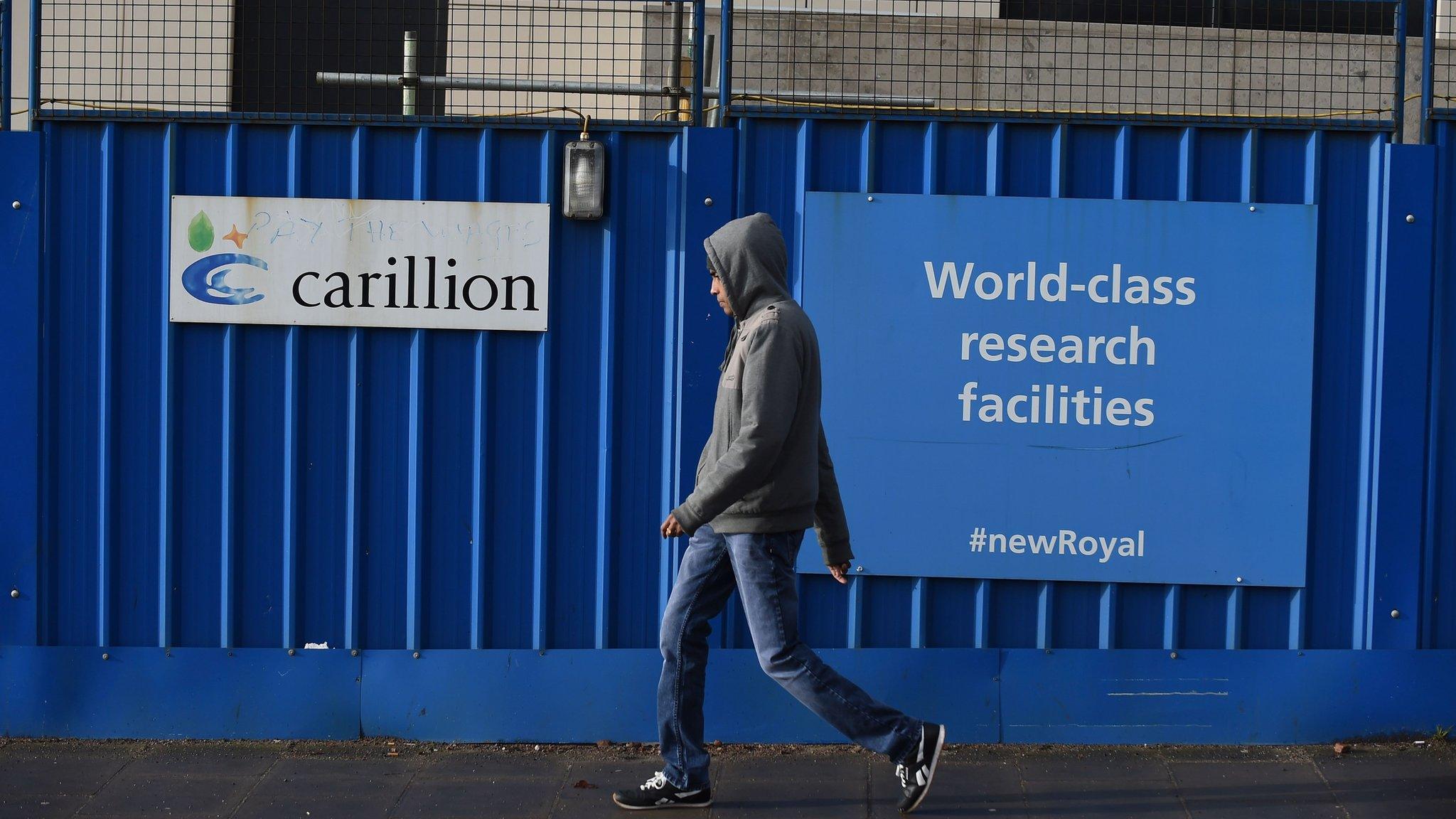
- Published21 January 2018
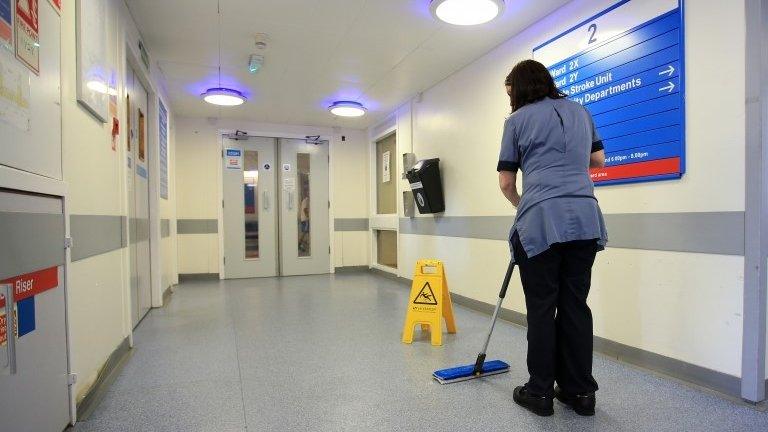
- Published20 February 2017

- Published10 December 2016

- Published17 January 2018
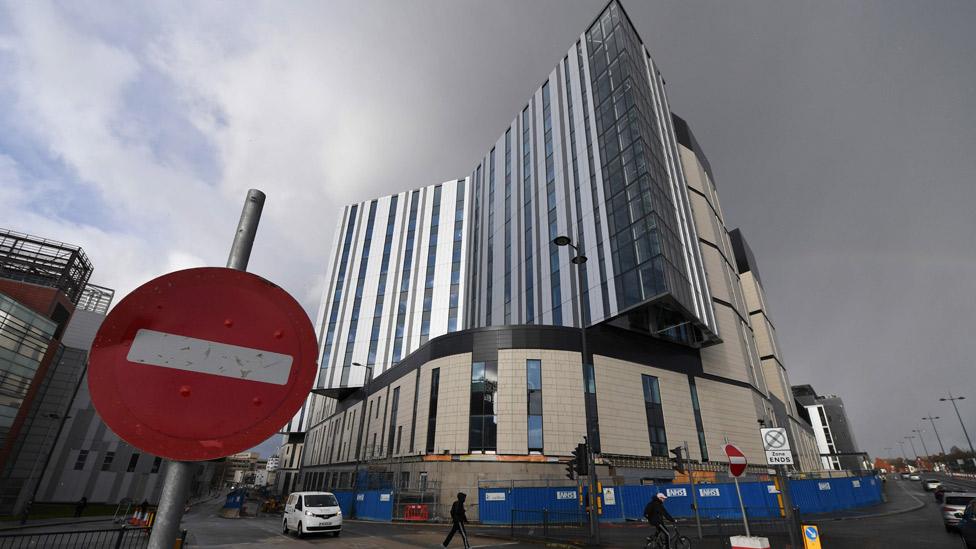
- Published28 June 2017
